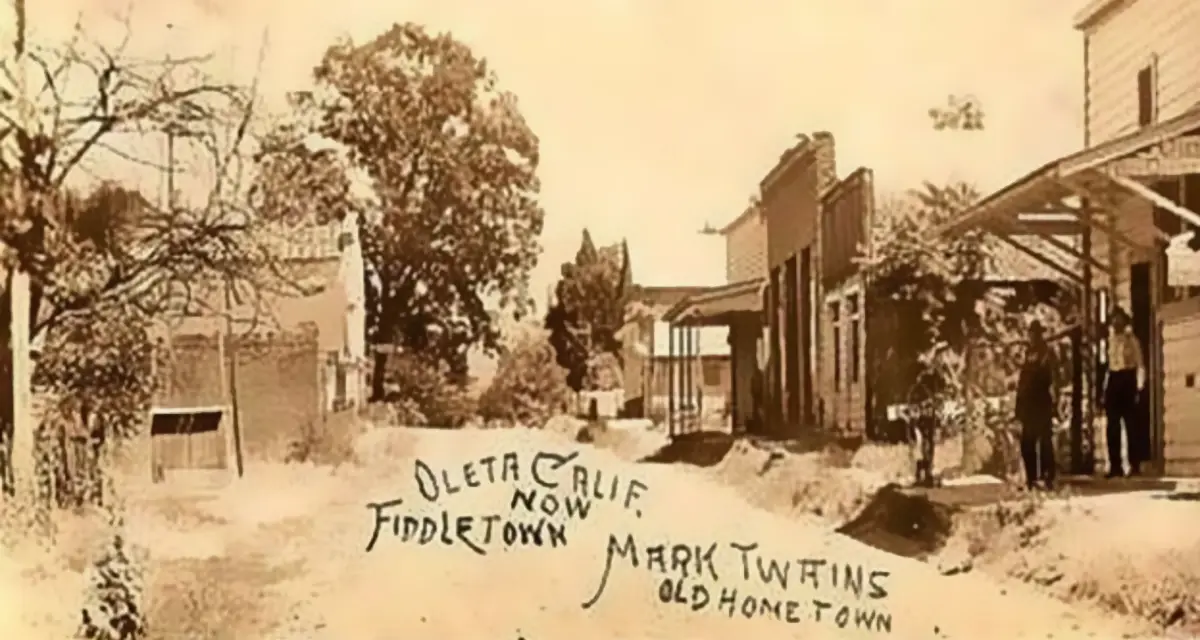The Gridley Gold Fields Diary – Cooking, Washing, Mending and “Whiskey Everywhere”
Daniel Ray / Toni Mann
In another letter, John wrote, “Charlotte says she would Like to know how we manage our cooking, washing, and mending. If she could see how the miners generally live it would not puzzle her at a11. They are generally independent of such little drudgery, and get along without doing much of it ” (Gridley.L-26-53). Another miner agreed:
As a laundryman, I was by no means a success. Nevertheless, after the application of much soap and vigorous rubbing, most of the dirt was removed. and the garments were certainly clean ‘in spots’, but it was long before i became sufficiently expert to wash a shirt so that it presented a uniform color. lf, as is often asserted, ‘cleanliness is next to godliness’, there was little connection between the two in the habits of the pioneers, since it was generally customary to wear a shirt till it ‘dropped off’, and then replace it with a new one which was subjected to the same process. Cooking was disagreeable, but washing clothing was absolutely detestable to the majority (Gardiner.1970).
On Sunday, the rockers and picks were idle, while work weary miners relaxed around their camp, perhaps catching up on the weeks laundry or visiting with friends from neigh-boring camps. On Carson Creek the Gridleys could trade stories of home with Chance Hoffman and Charles Clingman, or walk the mile to where A. A. Howard was mining. At Clarksburg, Sunday services were held in a small church. John and George wrote that it had been established but never acknowledged that they attended. In the afternoon, they may have joined other miners walking to town to sell their gold dust, buy supplies, check for mail from home, and, perhaps, stop into a saloon. And what towns they were.
On Dry Creek were Fiddletown and Drytown, or neighboring Amador City.
Among its 200 houses, Drytown had 26 bars.
Up at Fiddletown they might listen to one of the Missouri musicians for whom the town was named, or sample a meal cooked by one of its Chinese population, the largest in any California town except San Francisco.
From Mountain Home they might go along the Sacramento Road to Diamond Springs. Shingle Springs, or to Mud Springs, forerunner of present day El Dorado.
Shingle Springs had a mere three boarding houses. Its single store wasn’t constructed until 1857.
Mud Springs on the other hand was the center of a rich quartz mining industry, and on Sunday its narrow streets, hotels, boarding houses, and bars were jammed with many of the 500 men who worked in the area.
In 1858, John reported that Clarksville, where the Gridleys lived for seven years, had “two stores, a blacksmith shop, carpenters’ shop, restaurant, billiard saloon, two Spanish dance houses, meat market, several dwelling houses, and whiskey everywhere ” (Gridley.11-17-58).
Prolog: – The Miners
Chapter 1, Part 1: – Gone to See the Elephant!
Chapter 1, Part 2: – The 40-Mile Desert, a Barrier Without Water
Chapter 2, Part 1: – “A Miner’s Life”
Chapter 2, Part 2: – Cooking, Washing, Mending and “Whiskey Everywhere”
Chapter 2, Part 3: – The Grandest of all the Mining Towns was Placerville
